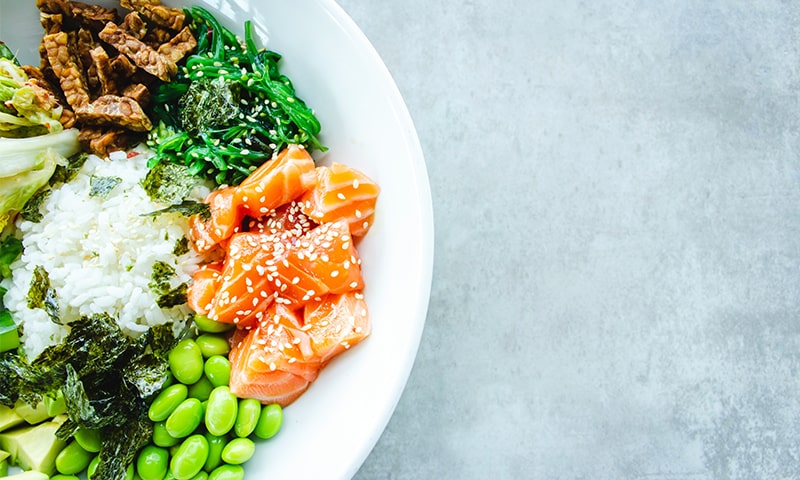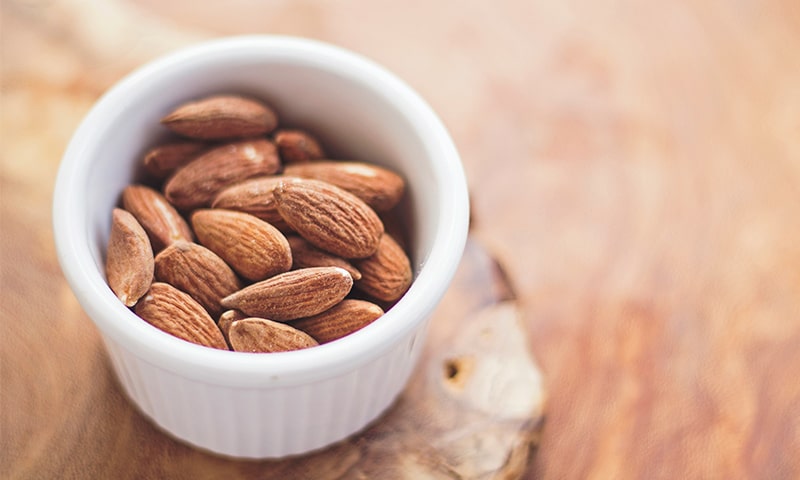Nutritional Advice Across Australia: A Conversation
Have you ever reflected on the type of nutrition guidance people are taking up in Australia?
I was looking through the material on it and found how it changes throughout the country.
Oh really? Tell me more! I want to know some useful insights on eating better.
Yeah, totally! From the very beginning, one thing that stands out about nutrition in Australia is the emphasis on balance and variety. They use a concept they call “Australian Dietary Guidelines” that serves as their essential source for healthy eating.
I’ve heard of that! What’s it all about?
The primary idea is based on eating items from the five key food groups. We’re asking about vegetables, fruits, grains, healthful proteins derived from animals or plants, and dairy products or non-dairy alternatives. It seems straightforward, however, when dissected, there’s a lot to think about. When they mention grains, they emphasize whole grains, such as brown rice, whole-wheat bread, and oats, instead of refined choices like white bread or pastries.
Got it. It is therefore not solely about removing carbs but about selecting the appropriate kinds of carbs.
Exactly! Australia’s experts in nutrition insist that putting quality in your eating choices is more important than following strict diet plans. They emphasize variety, too. You know what I mean? Consuming various veggies—spinach, carrots, sweet potatoes, and things like beans and lentils. They hope that people will strive to consume five portions of vegetables each day.
Five servings? That sounds like a lot.
It does, right? As it may sound, though, when you look at it scientifically, it’s possible. A serving could be as small as a handful of spinach, a cup full of celery or a few drops of cooked vegetables. What I like about Australians’ approach is that they just attempt to come up with ways of how you can incorporate that extra vegetable into your lunchtime or have a snack of baby carrots.
Oh, okay it is more about integrating them into your schedule. What about protein? I always look for this one – what do Australians do?
They’ve got that covered too! You know lean proteins, it’s not just meats, there’s this huge push for lean proteins now. Of course, they do suggest things such as chicken, turkey, and low-fat beef, but they also suggest plant-based products. Beans, peas, legumes, soy, you know all the ‘health foods. Seafood is another big one. Their advice is to take fish in the diet at least twice a week because of the omega-3s that are healthy fats.
Nice, I love fish! But does it have anything to say about red meat? I’ve heard mixed things.
Yes, there is, and I guess those are some tips you have given up there. The guideline for Australia states that people should eat 455 grams of red meat per week – come on, three meals! Raw red meat is something that you hardly see, especially because processed meats such as bacon and sausages are associated with cancer and heart diseases most of the time. This is where it is all about the moderate servings.
What about snacks? That’s then followed by questions like these I am a snacker, so I would like to know what they suggest.
It is perfectly fine to snack, it is just the snack that one takes those counts. Snacking to Australians means consuming whole and unprocessed foods. They include a portion of fruit, a portion of nuts or even a portion of Greek yogurt. If you’re feeling like you just must have something sweet, they recommend dark chocolate over candy or even cereal making homemade healthier versions of things like granola bars.
That makes sense. I could also replace chips with nuts. But what about dairy? I remember there has been a huge controversy over time as to whether it is healthy for you or not.
Oh, that’s a big topic! Down under, they are still recommending dairy because of the calcium fix, but they advise on the use of low-fat dairy. So, they recommend skimmed or reduced-fat type of milk instead of whole milk. The same goes for cheese and a yogurt which can be important with people who are on a low-calorie diet. If you’re lactose intolerant or vegan, there are many substitutions, such as soy, almond, or oat milk and it is advisable that you use those that are fortified with calcium.
Worse still, what will happen to those who need special meals, such as vegetarians or people with gluten sensitivity? Is that common in Australia?
Yes, it is, and I believe it is steadily on the rise! There is a higher percentage of people who are either a vegetarian or some sort of vegan these days, especially in Melbourne and Sydney. The best thing is, that they are very concerned about your nutrition; you’re getting your proteins, iron, and vitamin B12, which is quite challenging for a vegan. They are really into whole foods so I think no matter what diet they are on; they will maintain that binary and healthy thinking.
And as for gluten-free, it has become much trendier, it may be due to celiac disease, but it can also be a choice. Thankfully, because it’s easier to avoid gluten, there are a lot of products in supermarkets and, therefore, in restaurants in Australia. Some of these foods are quinoa, buckwheat, and fresh fruits and vegetables should be preferred; this is because most gluten-free snacks that are in the market mainly contain processed foods.
Uh well, I guess that does not sound too bad at all. But what about drinking? What can you do about alcohol?
Behaviours alcohol. Oh, Australia has got some definite rules on that also. They recommend no more than small amounts—no more than ten standard drinks per week and no more than four standard drinks on any one day. They emphasize that abstention from alcohol is the most effective measure, for example, in preventing the incidence of cancer. Their most recommended beverage is, of course, water. Australians insist on much intake of water, and they recommend avoiding regular soft drinks or energy drinks, for instance.
Alright, water more than soda, plant-based proteins and rainbow veggies – okay. What about when I’m cooking? Any advice there?
Totally! What they have highlighted regarding diet is the necessity of choosing the correct cooking techniques. It is advisable to grill, steam or even bake, instead of a regular deep fry. All Australians also promote the use of olive oil rather than butter or lard as important components of healthy fats. Herbs and spices which play a great role also got included on the list. They suggest their utilisation as carriers of taste rather than the use of salt. There are calls to lower the amount of sodium consumed since taking too much salt raises one’s blood pressure.
I probably could reduce the amount of salt I have been using frequently in my foods. Ah, so it means that it is all about doing minor alterations daily, right?
Exactly! The whole approach in Australia is not one of ‘fixing’ but of doing things that can result in achievable sustainable behaviour change in the long term. Starvation diets and severe calorie limitations aren’t what they’re all about. Rather, they are focused on developing good, sustainable behaviours – cooking for yourself, eating with your loved ones, and understanding when you’re hungry.
This is more possible than most of the diets that I have known before coming across this one. Well, if you would like to put some of this advice into practice here is an appropriate place to begin:
The most basic step one can always take is to base their meals on the five basic food groups and moderation accompanied by massive variation. You could just start to switch things little by little—for example, instead of white bread, take whole bread, exchange a sweet for a sweet like a fruit or a nut. Oh, and double-check to ensure you’re properly hydrated. Water is important, and it’s something as basic as that, which does help a lot.
Perhaps also consider how you are cooking as well. So, if you were accustomed to frying things then try baking or grilling those foods. And if you use many processed foods, try to add whole foods to your diet. As can be seen, even small changes for instance making one or two alterations and continuing with even more can make significant differences in the future.
I love that. That sounds a lot easier than I thought it would. I appreciate your effort in elaborating those for me!
No problem! I believe it just becomes a part of the routine when you are making the effort to consume more whole foods. However, what can I say? There’s something diverse in the Australian food industry; you won’t be able to monotonously eat throughout the period you’ll spend there.













